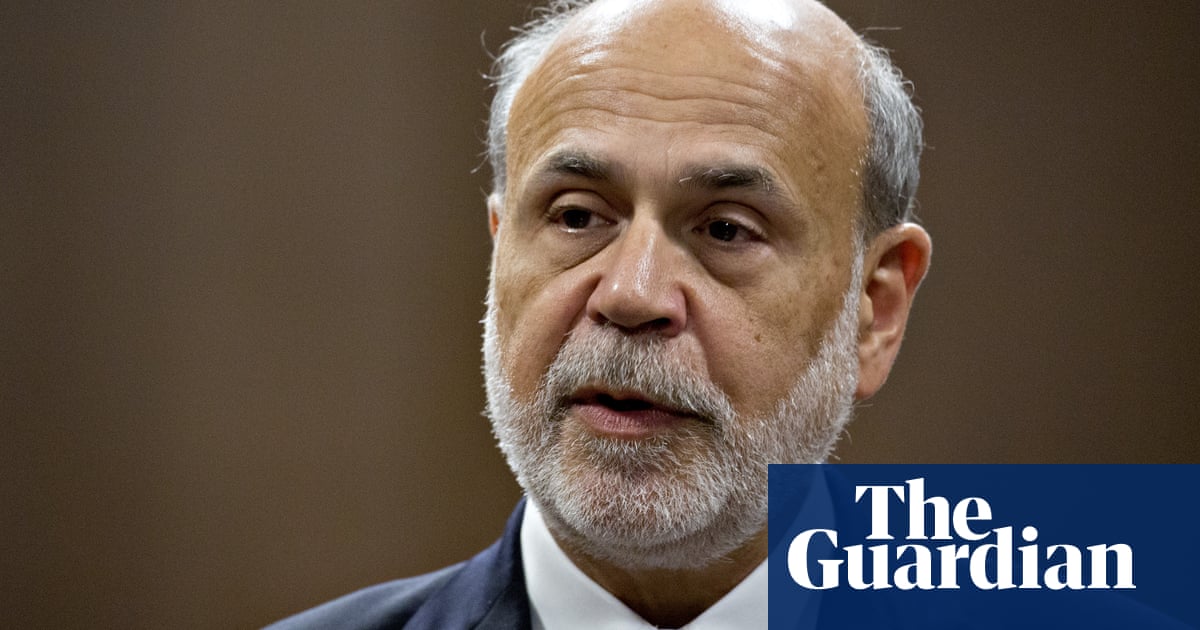
The Bank of England has warned surging household energy bills will drive inflation above 4% this winter, with persistent pressure on living costs expected to last through to the middle of next year despite a slowdown in the economy.
Voting unanimously to keep interest rates at the historic low of 0.1%, the Bank’s monetary policy committee (MPC) warned severe shortages of workers and raw materials were weighing on Britain’s economic recovery from lockdown.
In a downbeat assessment as inflation soars despite a growth slowdown, Threadneedle Street downgraded its estimates for the level of UK GDP at the end of September by about 1%, meaning the economy would remain about 2.5% below its pre-pandemic level heading into the final three months of the year.
The nine-member MPC, which includes the governor, Andrew Bailey, said Ofgem’s hike in the household energy price cap in October, amid record wholesale gas and electricity prices, would lead to a fresh burst in inflationary pressure this winter.
Inflation as measured by the consumer prices index (CPI) jumped to 3.2% in August, the highest level in nearly a decade. The Bank said distortions caused by the rapid recovery from last year’s economic slump were driving up the barometer for living costs, with an increase expected to rise “above 4%” by the end of December.
It said Ofgem’s update of the energy price cap from April next year, which is likely to put further pressure on household energy bills, risked inflation sticking above 4% until the second quarter of 2022. Inflation is then expected to gradually fall back towards the 2% target rate set by the government.
Although voting against immediate action, the MPC said recent developments had “strengthened [the] case” for a modest increase in the Bank’s base rate in the next few years.
The pound rose on the international currency markets amid speculation in dealing rooms across the City that Threadneedle Street would be forced to raise borrowing costs at an earlier point than first thought to deal with soaring inflation.
Reflecting growing unease over inflationary pressures, Dave Ramsden, the Bank’s deputy governor for markets and banking, joined external MPC member Michael Saunders in voting to cut short the limit on the central bank’s £895bn quantitative easing programme by £35bn.
Saunders previously broke ranks in August to cast a lone vote to curtail the bond-buying programme. All members of the MPC said an increase in interest rates should be used before quantitative easing is unwound.
City analysts said financial markets were pricing in the first rise in interest rates since the onset of Covid-19 would take place in March next year, two years after the central bank sank borrowing costs to record lows as the pandemic spread to Europe.
It comes against a backdrop of robust demand for goods and services after lockdown amid severe supply constraints pushing up companies’ costs, in disruption to supply chains linked to Covid and Brexit.
However, Andrew Bailey said the central bank still expected current elevated global supply cost pressures would prove transitory. Key to the Bank’s decision making will also be the impact of the closure of the furlough scheme next week, he said.
Writing a letter to the chancellor, Rishi Sunak, to explain why inflation had moved more than 1 percentage point away from the Bank’s 2% target rate, he said the MPC would focus on medium-term inflation prospect rather than factors that are likely to be transient.
“In the recent unprecedented circumstances, the economy has been subject to some of the largest shocks it has faced in centuries and economic activity has been exceptionally volatile,” he said.
Writing in response, the chancellor said the government had “taken direct action to help people manage the cost of living,” including through a freeze on fuel duty and raising the minimum wage.












